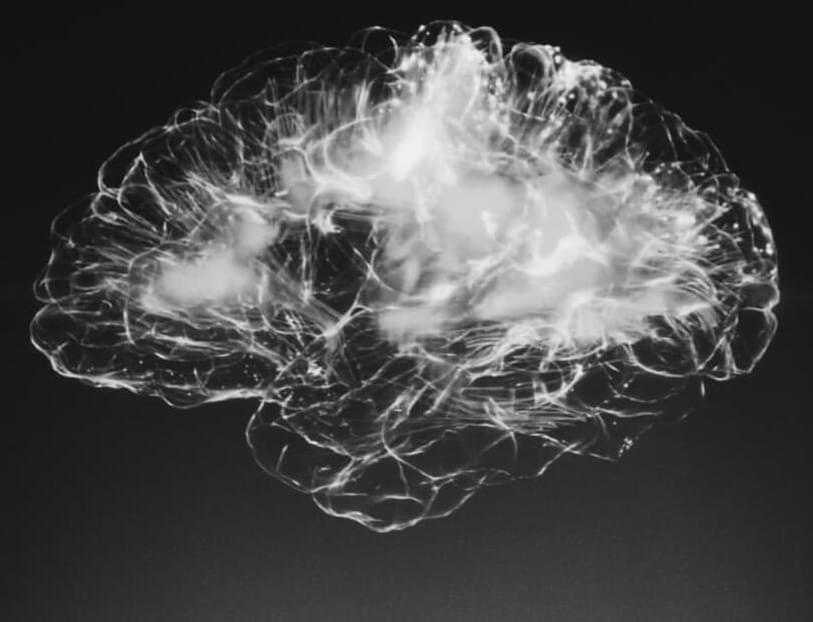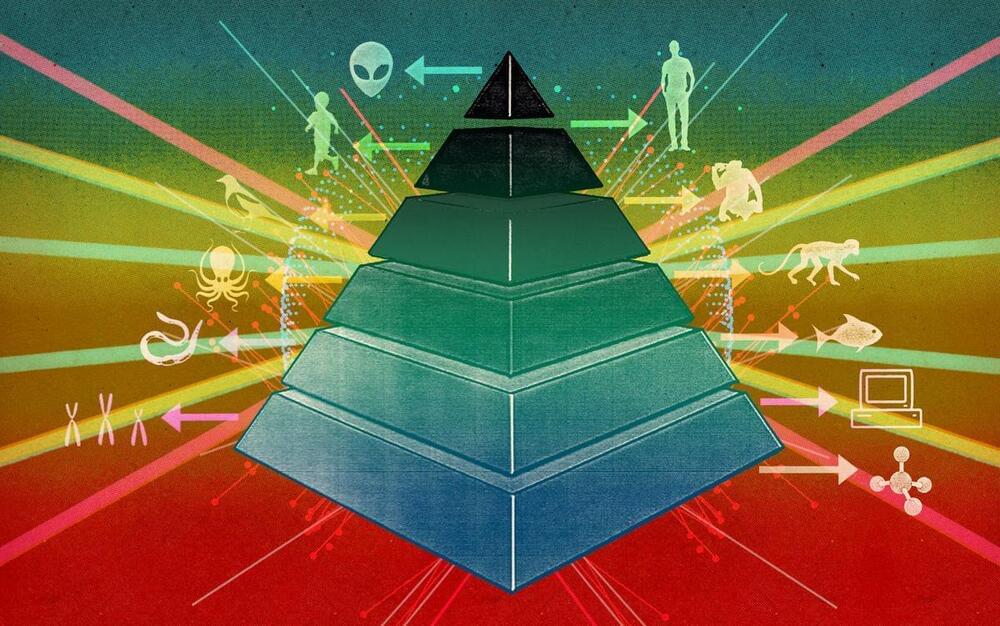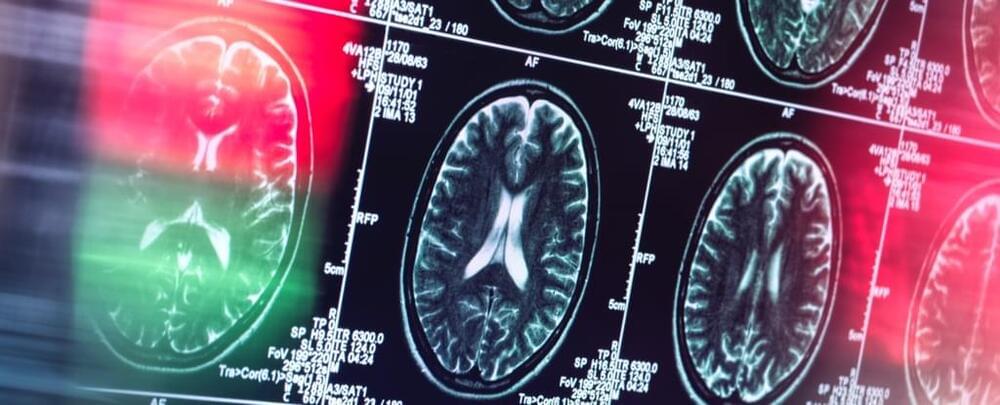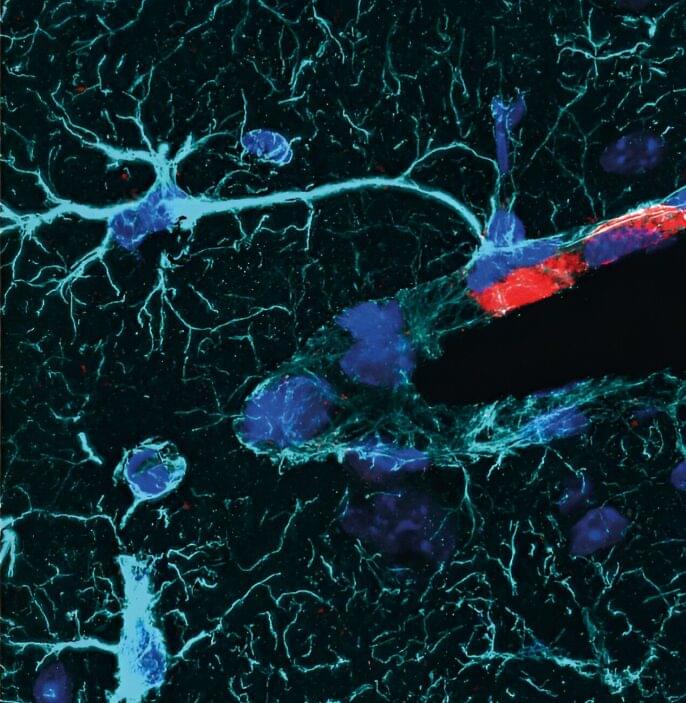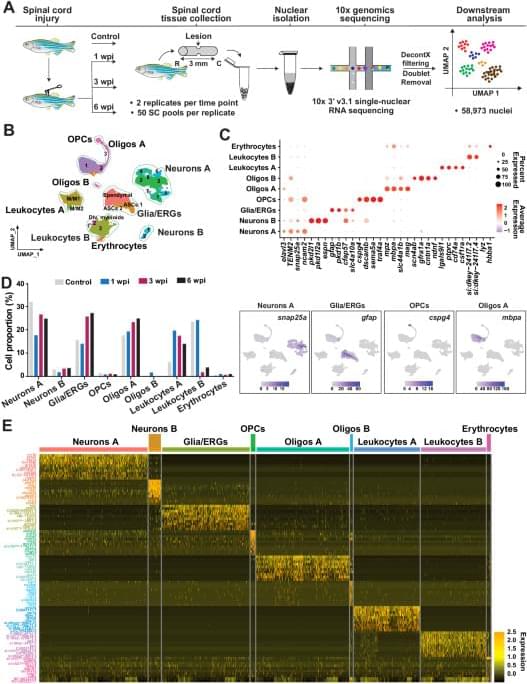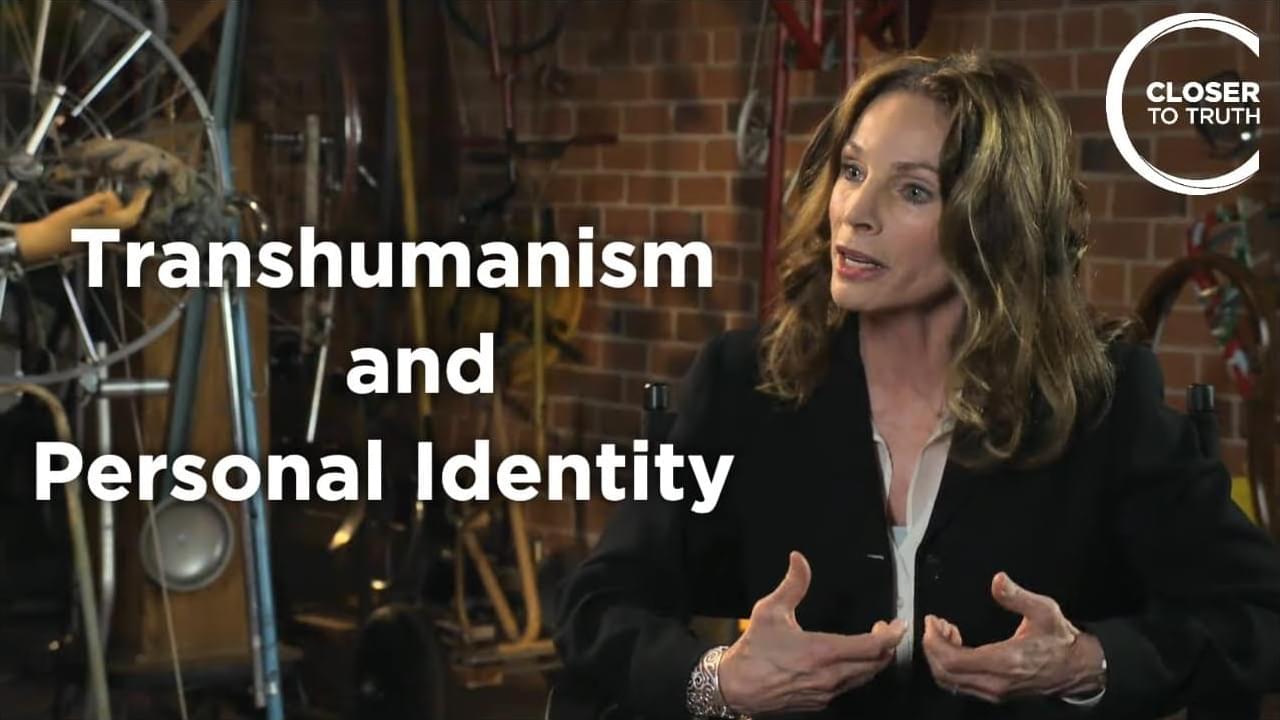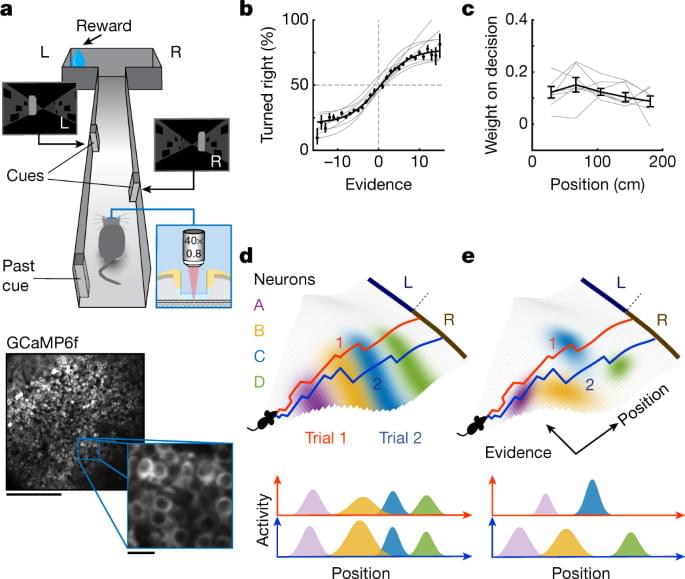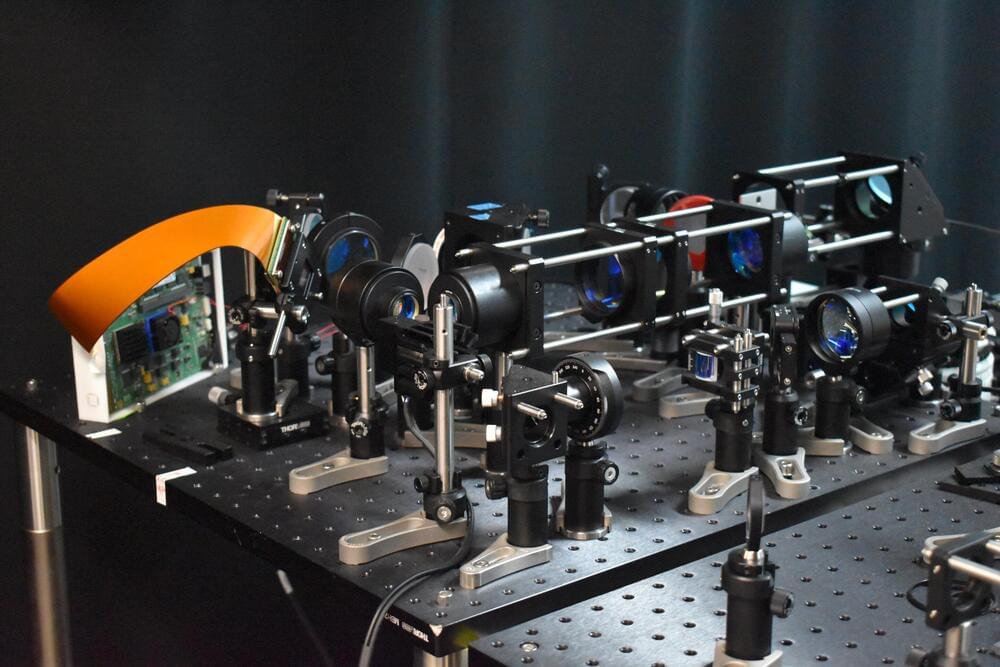Aug 20, 2024
The mystery of consciousness shows there may be a limit to what science alone can achieve
Posted by Dan Breeden in categories: neuroscience, science
The progress of science in the last 400 years is mind-blowing. Who would have thought we’d be able to trace the history of our universe to its origins 14 billion years ago? Science has increased the length and the quality of our lives, and the technology that is commonplace in the modern world would have seemed like magic to our ancestors.
For all of these reasons and more, science is rightly celebrated and revered. However, a healthy pro-science attitude is not the same thing as “scientism”, which is the view that the scientific method is the only way to establish truth. As the problem of consciousness is revealing, there may be a limit to what we can learn through science alone.
Perhaps the most worked out form of scientism was the early 20th century movement knows as logical positivism. The logical positivists signed up to the “verification principle”, according to which a sentence whose truth can’t be tested through observation and experiments was either logically trivial or meaningless gibberish. With this weapon, they hoped to dismiss all metaphysical questions as not merely false but nonsense.

